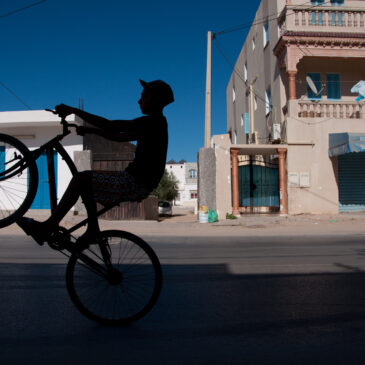News Highlights: International response to Tigray “woefully insufficient”, Eritrea documentary, 2,000 refugees died due to illegal EU pushbacks
In this week’s news highlights: Amnesty International says international community response to human rights violation in Tigray “has been woefully insufficient”; Report by International Rescue Committee shows gender based violence increasing in Tigray refugee and IDP camps; At least 5,000 children separated from parents by Tigray conflict are in danger, says Save the Children; Documentary film on Eritrea’s regime shows footage smuggled from inside; IOM warns of lack of medical assistance for South Sudan IDPs; UNHCR and Kenya will implement roadmap to close two refugee camps; IOM needs funds for health assistance in East and Horn of Africa; Migrants and refugees beaten by Libyan Coast Guard, video by Sea Watch 4; The Guardian says at least 2,000 refugee deaths have been caused due to illegal pushbacks supported by EU; 450 migrants disembarked in Sicily, at least 11 die off Libya coasts; People feel unsafe as Greece shut down refugee camp; New British refugee policy heavily criticised as a “sham” by over 200 organisations; “Serious and systematic violations of the rights of unaccompanied minors” denounced by French NGOs; IOM World Migration Report now available online.
News Highlights: 130 people drown as rescues off Libya fail, long-term starvation feared in Tigray, EU cuts aid to Eritrea
In this week’s news highlights: The Tigray region faces famine in next years, states interim administration official; UNSC press statement expresses concern over human rights conditions in Tigray; AP report – Tigrayan non-combatants detained; IOM states at least 1 million IDPs in Tigray; MSF raises alarm over humanitarian needs of refugees in Sudan; UN expert report warns peace in South Sudan at risk amidst rising tensions; 130 people dead – EU authorities accused of non-intervention off Libyan coasts; EU to “de-commit” funds to Eritrea due to violation of human rights; EU reveals return strategy as part of migration reform; Greece taken to ECHR over illegal pushbacks accusation; 17 migrants and refugees died on route to Spanish Canary Islands; Family reunification grinds to a halt in UK amidst Brexit; IOM and Galway University start a course on migration disinformation.
Human rights violations and Tigray conflict cause EU to withdraw Eritrea funding and reconsider ‘dual-track approach’
The use of conscripted labour in EU projects and Eritrea’s engagement in committing human rights violations in the Tigray Region have prompted the European Commission (EC) to “de-commit” more than €100 million from eight upcoming Eritrean development projects. A letter written by Jutta Urpilainen, European Commissioner for International Partnerships, revealed that nine projects worth €141.3 million were initially approved for implementation through the EU Emergency Trust Fund for Africa (EUTF) but due to concerns over Eritrea’s stance on human rights, only one project, valued at €19 million, was disbursed. This recent move has highlighted the friction within the EU’s “dual-track” approach to Eritrea which attempts to mix development assistance and political dialogue.



